- Nature Gold Nano Oil
- Natural Pain Relief
- Pure Detox
- Uric Acid Dissolve
- Velvet Antler Supreme
- Cramps Away
- Essential Male Vitality (20 Capsules)
- Collagen Youth
- Fat Burner
- Vascular Health
- Herbal Tonic Bath Remedy
- Dermatitis Cream
- Fresh Royal Jelly
- Multi-Symptom Allergy Syrup
- Natural Allergy Relief
- Heart Essentials
- Diabetes Control
- Kidney Stones
- Ganoderma Lucidum
- 4 Essential Nutrients
- Cognitive Health
- Royal Jelly
- Turmeric Root Extract
- Sleep Well Formula
- Digestive Health
- Cough Relief
- Severe Cold & Flu
- Liver Health
- Papaya Leaf Concentrate
- Skin Radiance
- Pure Hydrolyzed Marine Collagen Peptides
- Skin Perfecting Daily Cleanser
- Skin Perfecting Exfoliator
- Skin Perfecting Neutralize Toner
- Sale Skin Perfecting Youth Activating Serum
- Sale Skin Perfecting Moisturizing Cream
- Skin Perfecting Treatment Mask
- Sale Customized Herb Formulas
- Herbal Tonic Bath Remedy
- Skin Radiance
- Pure Hydrolyzed Marine Collagen Peptides
- Skin Perfecting Daily Cleanser
- Skin Perfecting Exfoliator
- Skin Perfecting Neutralize Toner
- Sale Skin Perfecting Youth Activating Serum
- Sale Skin Perfecting Moisturizing Cream
- Skin Perfecting Treatment Mask
- Sale Customized Herb Formulas
Pure Hydrolyzed Marine Collagen Peptides
Natural Beauty & Health
Collagen is responsible for keeping the skin smooth and wrinkle-free. It is also the main structural protein in all fibrous tissues within the body including tendons and ligaments, and is abundant in the cornea, cartilage, bone, gums, muscles, hair and nails. But the more we age, the more collagen we lose!
Our Product Features:
Edible Hydrolyzed Marine Collagen Peptides - Sourced from 100% skin of wild-caught Atlantic cod, no scales or bones. Just 1 scoop a day may help:
- Promote clearer skin, skin elasticity and reverse skin aging,
- Strengthen hair & nails
- Provide structure to joints, bones, ligaments and tendons
- Increase range of motion
- Build muscles, boost metabolism, and burn fat
- Protect cardiovascular health
- Reduce cellulite and stretch marks
- Improve digestive health
- Repair leaky gut.
100% PURE / ALL NATURAL / WILD-CAUGHT / NON-GMO / FAT FREE / GLUTEN FREE / SUGAR FREE / SOY FREE
CONTAINS 100% PURE HYDROLYZED MARINE COLLAGEN PEPTIDES
Natural Beauty & Health from Within . Deep sea fish source from Atlantic . Miracle from the Ocean . Rejuvenation becomes Reality
View more product details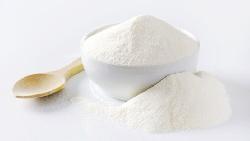
(100% hydrolyzed fish skin, no scales, no bones)
| Amount Per Serving | % Daily Value | |
|---|---|---|
| Fish Collagen (100% from fish skin, no scales, no bones) |
396 mg | †† |
How & When to Take It:
The Peptides are odorless and flavorless, and they seamlessly dissolve into both cool and hot liquids. Add them to your morning coffee, tea, juice, smoothie, water or any beverage of your choice for an easily and effortless way to top off your collagen levels.
Take at bedtime or on an empty stomach. To improve effectiveness, do not take in conjunction with Type 2.
What is Collagen?
Collagen is the key component of all important organs in our body, about one third of the protein in your body is collagen. Collagen is an essential structural protein found in the skin and throughout the body, forming molecular cables that strengthen the tendons and vast, resilient sheets that support the skin and internal organs. Bones and teeth are made by adding mineral crystals to collagen. The most plentiful protein in the body, collagen is responsible for holding individual cells together, as well as for providing texture, resiliency, and shape, along with replacing and restoring dead skin cells via long fibrils of collagen molecules. Thanks to collagen, we’re able to move, bend, stretch and bounce back from damage.
While collagen is responsible for a lot in our body, it’s especially important when it comes to the health and resiliency of our skin. Our skin is the primary barrier between us and the world, meant to protect us from external dangers. More than 70% of our dermis consists of collagen and the major collagens are Types 1 and 3, keeping our skin supple, smooth and elastic. Even if we’re vigilant about sun protection, avoid toxins, eat well, and never smoke, it’s impossible to avoid the natural depletion of collagen with age. As a result, after the age of 25, we break down more collagen than we make and around 30 years of age, collagen levels in the body begin to drop by about 1.5% each year, partly because our fibroblasts make smaller amounts. In addition, sun damage, poor nutrition, and smoking can contribute to weakened collagen in the skin, too. Research indicates that by the age of 40, the body’s ability to produce collagen decreases by 25%. By age 60, it has decreased by over 50%. This degeneration process creates an effect in all our tissues and organs, includes the loss of resistance, elasticity and flexibility. We then emerge a following series of reactions:
- Sagging skin, fine lines and wrinkles
- Lack of tonus
- Muscle soreness
- Joint and muscular stiffness/weaker cartilage
- Slower healing of wounds
- More frequent fatigue
In our early thirties, most of us think it is normal to live with these discomforts as we do not experience any major health issues nor do we feel strong pain. However, as far as the reduction of collagen in our body is concerned, these problems are just the tip of the iceberg because together with aging, they will directly affect our health and quality of life. Aging is a reality that none of us can escape, but there are collagen supplements that we can take to compensate this. Getting an adequate amount of collagen help to ensure our skin still looks glowing and our body functions at its highest potential.
Did you know that in 2018, Americans spent 4.3 billion dollars on collage products? This means an enormous of people are now trying to improve their health and skin by using collagen! But, can collagen products really help with wrinkles? Well, that depends on a few things… See, collage is the most abundant protein in our bodies. It gives our skin strength and elasticity and is basically the “glue” that holds our joints together. You’ll find it in muscles, bones, skin, blood vessels, and even the digestive system! However, our body’s collagen production naturally begins to slow down over time. This process is what eventually results in wrinkles, sagging skin, and joint issues. Other factors like a diet high in sugar, smoking, and too much sun exposure can also deplete collagen levels and cause wrinkles. So technically, adding collagen can help wrinkles, but it’s really the way it’s added that matters! See, most people don’t realize that creams or moisturizers claiming to have collagen actually won’t help. Why? Because collagen is produced in the deeper layers of our skin, and collagen molecules in creams are way too big to get through the top layer. This means that it’s only by eating or ingesting certain types of collagen that wrinkles can be helped.
How to Choose a Collagen Supplement
Collagen is without a doubt one of the most talked about ingredients in the wellness world and by now, its indisputable that collagen is good for you. But should you buy marine collagen, or one derived from animal’s bone and skin? Finding a high-quality collagen supplement in the type you need and formulated for easy absorption is easy once you know what you’re looking for.
1. Choose Hydrolyzed Marine Collagen Peptides from 100% fish skin, no scales or bones
Collagen that comes from fish is considered to be a superior form of collagen because it raises overall body collagen (Type I), providing a glowing, youthful complexion, and improving skin, hair, nail, and bone quality. This collagen is extremely popular in the beauty industry and is considered the highest quality collagen source for medicinal purposes on the market.
Unlike pure collagen, collagen peptides are of smallest particle size and lowest molecular weight among all collagen types, which allows it to pass through the intestinal wall into the bloodstream more easily to provide better healing, repair, and nourishment. In addition, marine collagen is absorbed up to 1.5 times more efficiently than other types of collagen, making it one of the best and effective collagens.
2. Topical collagen treatments are sketchy
Though skin creams and serums may offer temporary visible benefits, but the cells makeup of topical treatments are too large to be absorbed through the skin. The better option is to take collagen peptides Types 1 & 3 as an internal supplement, where the tiny molecules are absorbed and help to stimulate new collagen as a part of the collagen regeneration cycle. Regular intake of quality collagen as a supplement will keep this cycle going and offset the normal depletion of collagen that happens with age and exposure to outside elements.
What are the Experts saying about Hydrolyzed Marine Collagen Peptides?
"Sip it every night before sleep and you will see a clear improvement in skin texture after just 10 days,"
"And if you want to maintain good skin condition, you should not stop drinking it.
“Since collagen keeps your skin firm and elastic, taking a high-quality supplement of collagen peptides orally, can visually improve the structural integrity of your skin. With proper replenishment via hydrolyzed collagen supplements, you’ll see improved hydration and radiance, as well as improvement in the appearance of lines, wrinkles, and sagging in your skin.”
“Collagen peptides are used as an ingredient in products and have been shown in studies to improve skin barrier function and to help the production of collagen after 8 weeks of intake!”
“The collagen density in the dermis significantly increased so the skin became thicker and the lineds were diminished.”
Collagen Types
There are at least 28 different types of collagen exist, but over 95% of them belong to Types 1, 2 & 3. Types 1 & 3 make up over 90% of the body’s collagen supply and provide structure to the skin, muscles, and ligaments, while type 2 is found in cartilage and the eye.
- Type I: This is by far the most abundant, and almost considered to be the strongest, type of collagen found in the human body. It’s made up of eosinophilic fibers that form parts of the body, including tendons, ligaments, organs and skin (dermis). Type 1 collagen also helps form bones and can be found within the GI tract. It’s very important for wound healing, giving skin its stretchy and elastic quality, and holding together tissue so it doesn’t tear.
- Type II: Collagen type 2 is a bit more specialized. It is the main component of cartilage, and as such is extremely beneficial for cartilage health.
- Type III: Type 3 collagen is made of reticular fibers and a major component of the extracellular matrix that makes up our organs and skin. It’s usually found with type 1 and helps give skin its elasticity and firmness. It also forms blood vessels and tissue within the heart. For these reasons, deficiency in type 3 collagen has been linked to a higher risk for ruptured blood vessels and even early death, according to results from certain animal studies.
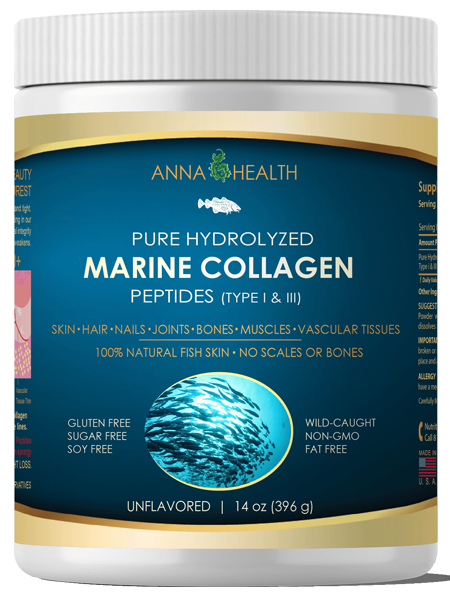


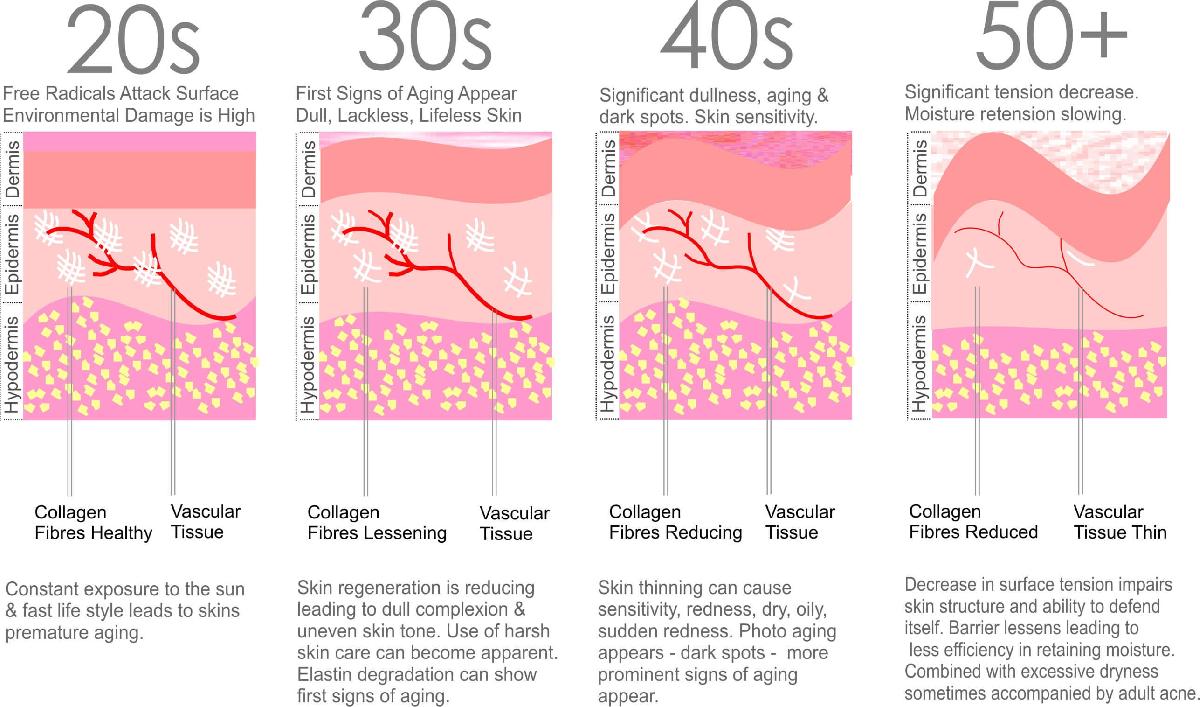
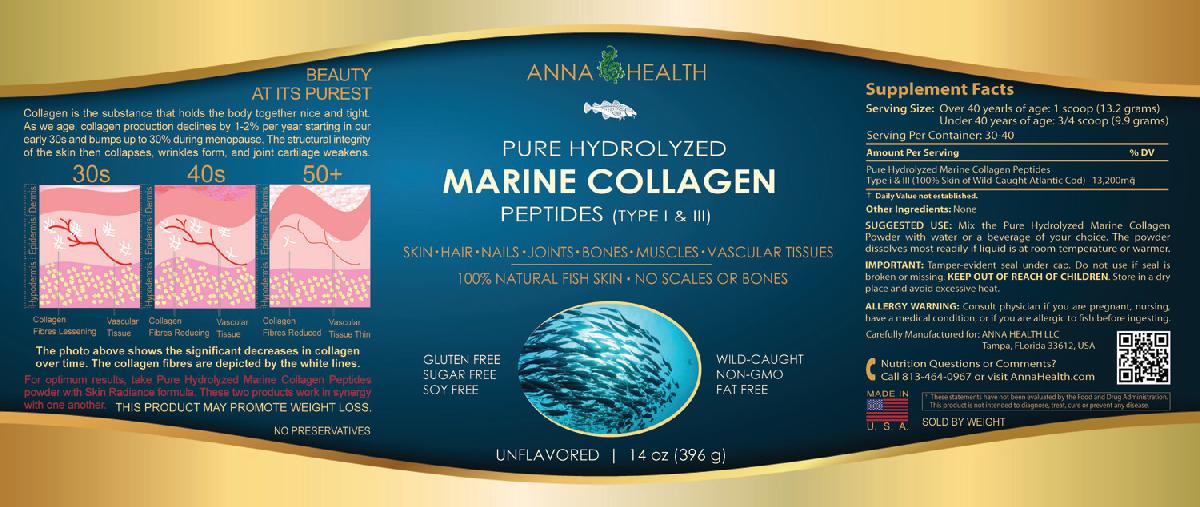
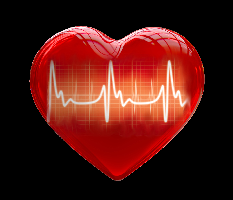


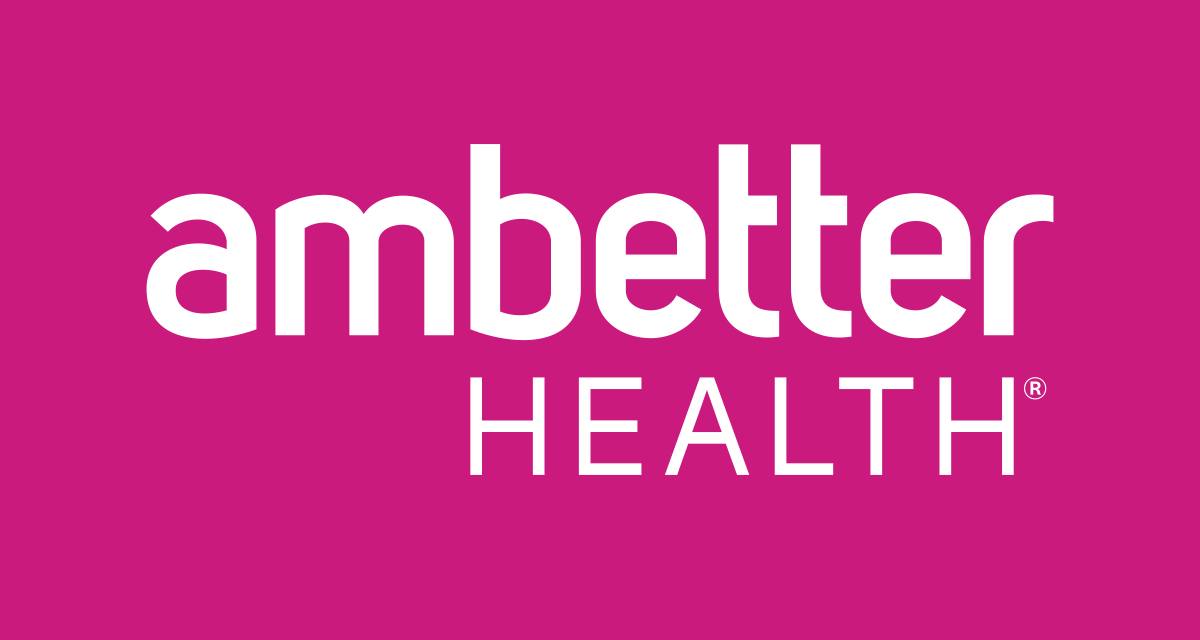






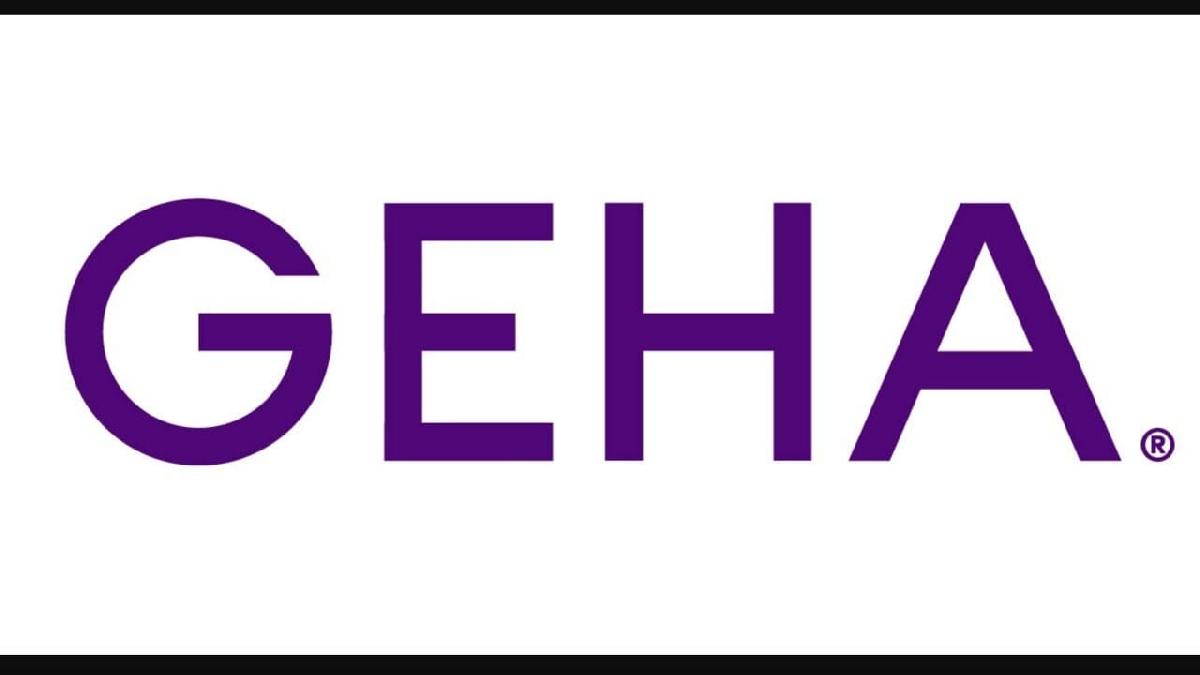






.jpg)







